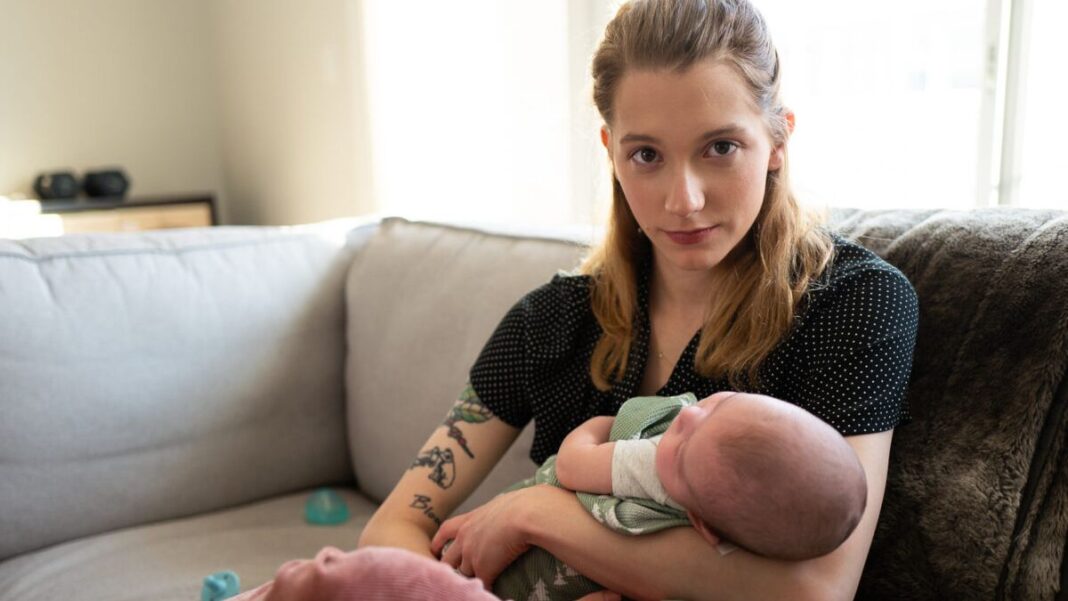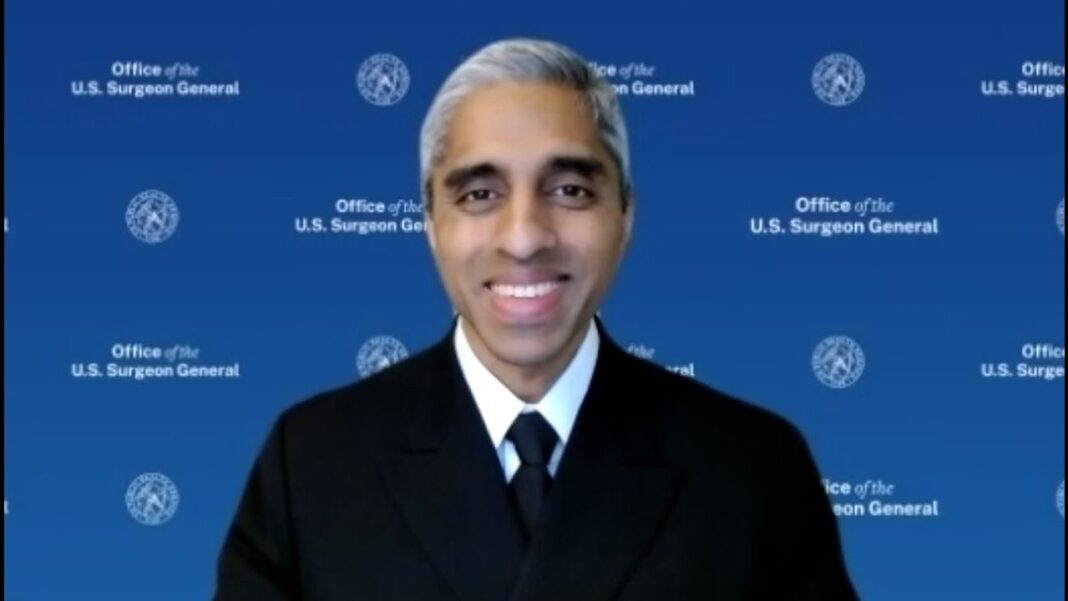As she cuddles her infant son at her home in the Chicago suburbs, newlywed Daisy Strongin says she deeply regrets having both of her breasts removed in gender transition surgery when she was 20.
She was an “insecure, very self-involved, outcasted 15-year-old girl,” Strongin told The Epoch Times, and the urge to transition was “enticing.”
“I really wanted to feel comfortable in my own skin and I wanted to stop being depressed. I wanted to be someone else. I hated myself. I didn’t want to be the person that I was, and transitioning seemed to be this very alluring path that was beckoning to me,” she said.
She wore a chest binder for years, started taking testosterone at age 18, and legally changed her name to Oliver. However, years later, she “felt worse,” “incomplete,” “less satisfied” and “less whole,” she said, and eventually stopped the transition process.
Strongin, now 24, joins a growing number of “detransitioners” who lament the “gender-affirming care” such as puberty blockers, cross-sex hormones, and gender transition surgery they received as teens and young adults.
She sees the recent surge in the number of children claiming they are non-binary and “trans” as a social contagion and feels compelled to warn others about the pitfalls of transgender ideology.
Around 42,000 children and teens in the United States were diagnosed with gender dysphoria in 2021, according to data from Komodo Health, Inc., compiled for Reuters. That’s almost three times the number in 2017.
Gender dysphoria, according to the American Psychiatric Association, is a condition of distress in an individual who identifies with the opposite biological sex.
The analysis found that at least 121,882 children ages 6 to 17 were diagnosed with gender dysphoria from 2017 through 2021. However, Reuters reported last month the numbers are “probably a significant undercount.”
‘Tomboy’ Teens
As a child, Strongin often felt out of sorts with her gender, and those feelings only got stronger by the time she reached middle school.
She knows now it’s normal for teens to feel “awkward” but didn’t at the time. As a “straight girl,” she never fully understood her youthful desire to dress like a boy or to be perceived as one.
By Brad Jones









